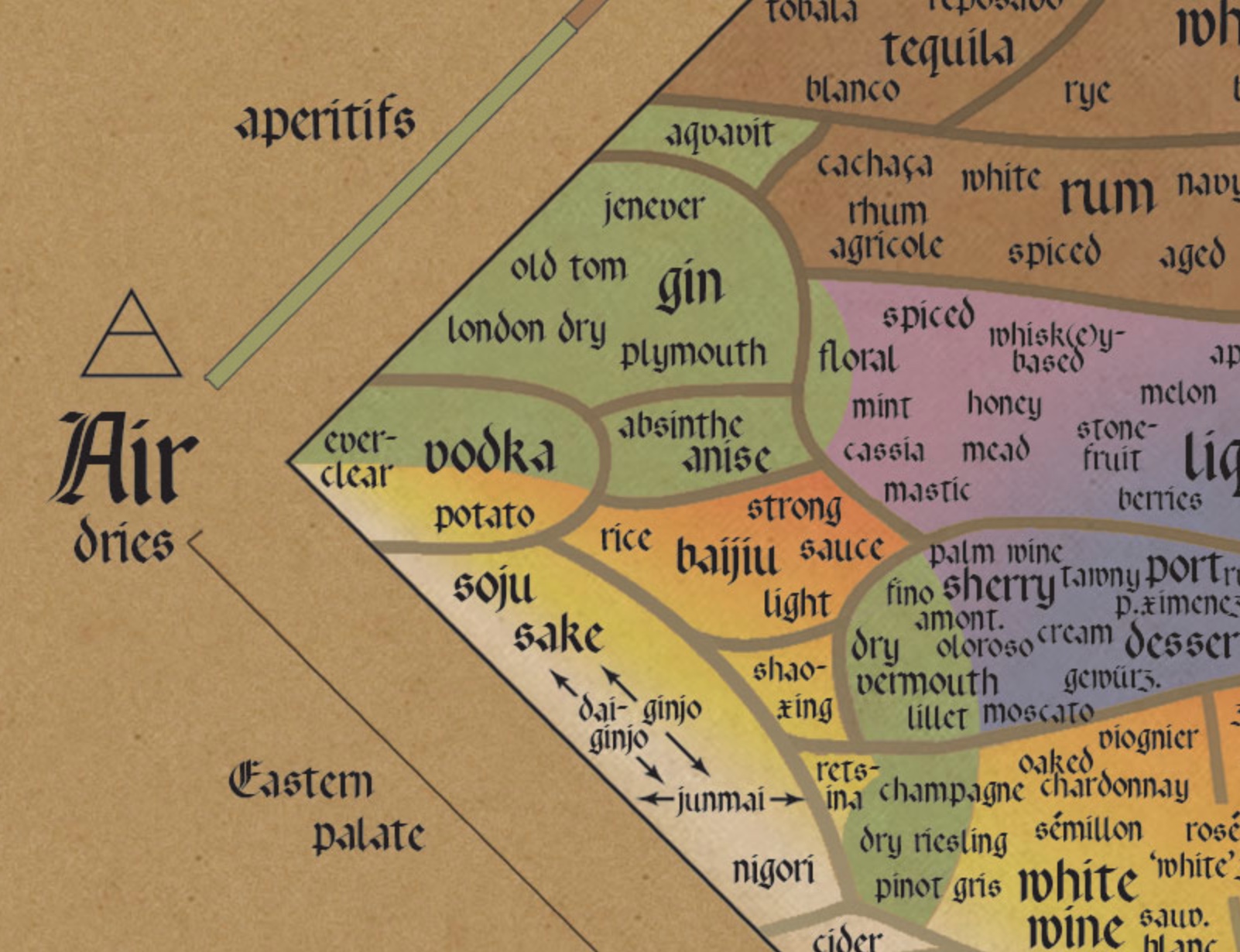The South African photographer, who died this week, caught apartheid’s grotesqueness without ever letting anger take over. His portrait of a place and a time is without equal in modern photography

Symbolic brilliance … miners’ shovels retrieved from underground. Photograph: Photograph by David Goldblatt
“I didn’t regard the camera as a weapon in the liberation struggle,” the veteran South African photographer David Goldblatt once said. He described his approach, instead, as a dialogue “between myself and whatever I photographed and my compatriots”. That dialogue began 60 years ago, when the teenage Goldblatt began to photograph miners and the landscape of gold-mining in and around Randfontein, the whites-only town where he was born, and ended a few days ago with his death, at the age of 87. In between, he created a body of work that is without precedent in postwar photography.
Continue reading
==============================
via Interesting Literature
Previously, we’ve picked the best of Virginia Woolf’s novels and non-fiction works, but she was also a fine writer of very short stories. Although Woolf didn’t write a great amount of short fiction, a number of her short stories are classic examples of early twentieth-century modernism. All five stories are included in The Mark on the Wall and Other Short Fiction (Oxford World’s Classics), which is a treasure-trove of very short modernist fiction by one of the twentieth century’s greatest writers.
Continue reading
==============================
via Boing Boing by Carla Sinclair

Humans take hot showers, wash their sheets, and use soaps, disinfectants, hand sanitizers and all sort of other cleansers to keep themselves free of dirt and germs. And yet, after all that effort, chimps win in the clean bed department, at least when it comes to personal bacteria. Yes, according to a study in Royal Society Open Science, chimps sleep in beds that contain less saliva, skin and fecal bacteria than humans.
Continue reading
==============================
via the OUP blog by Matthew A Benton

Abbey arches by Pexels. Creative Commons via Pixabay
Philosophers studying epistemology debate the exact nature of knowledge, typically by examining the “evidence” behind one’s beliefs: logical processes, sensory perception, and so on. They also wonder about how much we can know. Knowledge about the empirical world is perhaps one thing; yet what about our beliefs in the areas of history, or mathematics, or morality, or politics? Or religion?
Continue reading
==============================
Tyrant: Shakespeare on Power
By Stephen Greenblatt reviewed by John Stubbs in Literary Review via Arts & Letters Daily
Stephen Greenblatt’s ardent and involving new book is concerned with rulers and aspirants in Shakespeare who abuse their power. It draws attention to a very wide range of characters. There are the out-and-out villains, best typified by Richard III, the nonpareil power-grabber, King Lear’s sadistic and vindictive daughters Goneril and Regan and the rather more crudely drawn butchers of Titus Andronicus. But then there are more complex, puzzling figures. There is Lear himself, the king turned fool, unleashing chaos in his realm for the sake of an egoistic game of Who Loves Me Most? There is the curiously ineffectual Coriolanus, who marches back and forth between cities in a perpetual strop, pouring scorn on the hoi polloi and then on his fellow patricians, until his fearsome mother finally stops him in his tracks. There is Macbeth, efficient at killing but hopeless at solving riddles. There is Julius Caesar, if not ‘the noblest man/That ever lived in the tide of times’ then certainly a compelling and unopposable commander in his day – but, in Shakespeare’s tragedy, a failing figure, a legend very much past his prime. Behind him, as Greenblatt points out, tyranny lingers in the fresh and virile form of Mark Antony, ‘a brilliant demagogue’. The variety of Shakespearean tyrants causes one to keep rethinking the nature of evil and, indeed, the nature of tragedy.
Continue reading
==============================
via About History by Alcibiades

The First Intermediate Period started (2181-2040 BC), after the end of the Old Kingdom. This term is current and was not used in ancient times. Today’s scholars use “Kingdom” to denote a period of stability in Egypt and “Intermediate” for a period of instability. With the death of the last king from the 8th dynasty, the central government at Memphis collapsed. This allowed the nomarch (local officials) to become stronger than the king and gain independence. Tombs with inscriptions or texts became available for more and more people. The inscriptions were supposed to guide the deceased to the afterlife, and everyone wanted such a guide. Though there were still kings, they had little power or control over Egypt.
Continue reading
==============================
via the Big Think blog by Matt Bertone
I know it may be hard to convince you, but let me try: Don't kill the next spider you see in your home.
Why? Because spiders are an important part of nature and our indoor ecosystem – as well as being fellow organisms in their own right.
People like to think of their dwellings as safely insulated from the outside world, but many types of spiders can be found inside. Some are accidentally trapped, while others are short-term visitors. Some species even enjoy the great indoors, where they happily live out their lives and make more spiders. These arachnids are usually secretive, and almost all you meet are neither aggressive nor dangerous. And they may be providing services like eating pests – some even eat other spiders.
Continue reading [be aware that this item starts with a picture of a rather large spider]
==============================
via Boing Boing by Andrea James

Musician Regaip "Rego" Alp Sen created this cool and comprehensive alchemist's guide to alcoholic beverages. Colors and sidebars denote pairing combinations.
Continue reading
==============================
via Interesting Literature
‘The Circus Animals’ Desertion’ stands, in many ways, as W. B. Yeats’s swansong. It was the final major poem published in his last volume of poems, which appeared the year before he died in 1939. But what is ‘The Circus Animals’ Desertion’ about? The poem doesn’t offer its meaning or meanings up to us easily, so it requires some close analysis to unpick.
Continue reading
==============================
via About History by Alcibiades

Alfred the Great was king of Wessex from 871 to 899. Thanks to his education, Alfred learned ancient languages and works of the great writers of his time and his history. As a child, he, at the behest of his father, made a trip to Rome in 853, where Pope Leo IV anointed him as the future King of Wessex. By the age of 20, he had received the crown, and was considered an experienced and courageous warrior.
Continue reading
No comments:
Post a Comment